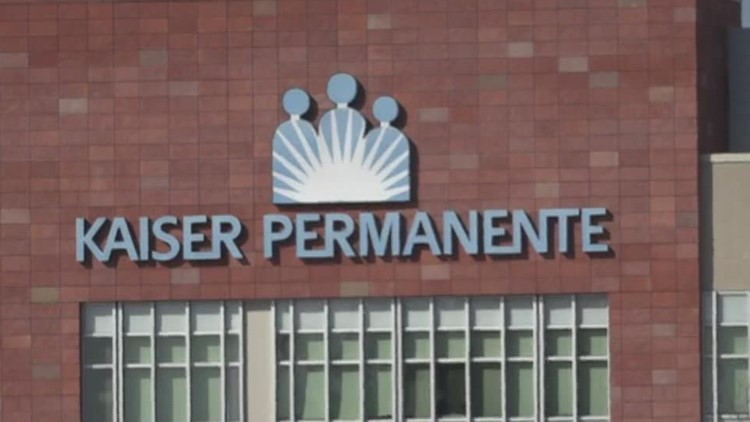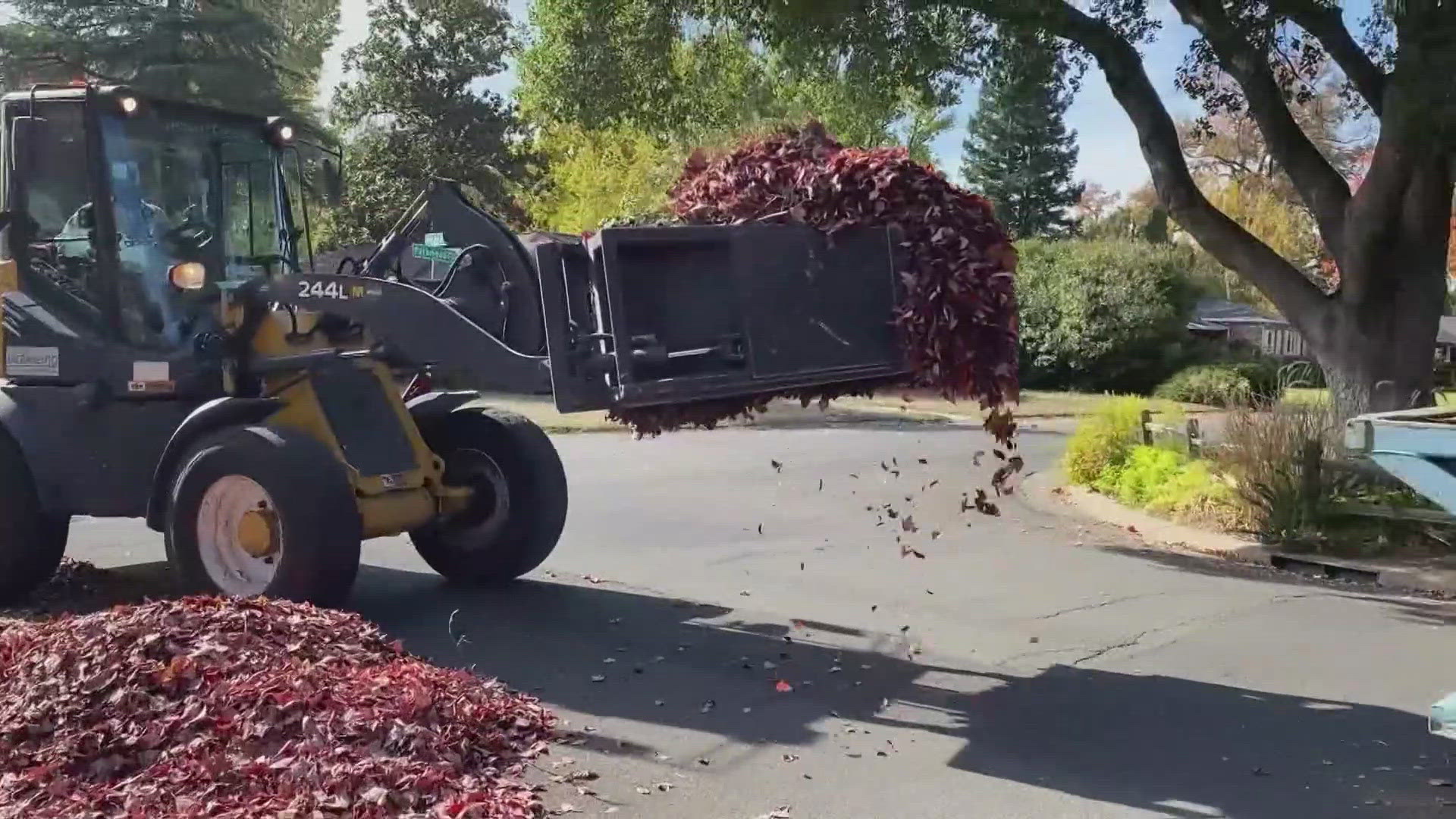SACRAMENTO, California — California's largest healthcare provider agreed to pay $49 million to resolve allegations that it illegally disposed of medical waste and protected health information in California.
The settlement agreement was announced Friday by Kaiser Foundation Health Plan and Kaiser Foundation Hospitals and the California Attorney General's office and still needs to be approved by a judge.
As part of the agreement made with the state and six other county district attorneys, including San Joaquin County, Kaiser also agreed to take significant steps to prevent future unlawful disposals.
The disposals came to light after district attorney's offices began undercover inspections of dumpsters from 16 separate Kaiser facilities, according to a statement from California Attorney General Rob Bonta's office. Among the waste they found included:
- Hundreds of items of hazardous and medical waste
- More than 10,000 paper records with information of 7,700 patients
California's Department of Justice later joined the investigation, according to law enforcement officials, and Kaiser hired a consultant group to audit their trash in an effort to improve compliance with the state.
“The illegal disposal of hazardous and medical waste puts the environment, workers, and the public at risk. It also violates numerous federal and state laws,” said Attorney General Rob Bonta. “I am pleased that Kaiser has been cooperative with my office and the district attorneys’ offices, and that it took immediate action to address the alleged violations.”
ABC10 received the following statement from Kaiser Permanente:
"Kaiser Permanente is committed to the health and well-being of our members, patients, employees, physicians, and the communities we serve, which includes proper waste disposal and protecting the confidentiality of member and patient information. Millions of people receive care and support in our hundreds of medical facilities across California each year and we have well-established policies and procedures for disposing of the different kinds of resulting waste items.
About six years ago we became aware of occasions when, contrary to our rigorous policies and procedures, some facilities’ landfill-bound dumpsters included items that should have been disposed of differently. Upon learning of this issue, we immediately completed an extensive auditing effort of the waste stream at our facilities and established mandatory and ongoing training to address the findings. All Kaiser Permanente staff and physicians in California take this required annual training. We also introduced specialized equipment, instructions, and receptacles placed closest to where waste is generated to ensure all types of waste are disposed of properly, and we introduced more environmentally friendly products to enhance our long-standing environmental compliance measures.
We take this matter extremely seriously and have taken full responsibility to acknowledge and, in cooperation with the California Attorney General and county district attorneys, correct our performance regarding landfill-bound trash where it may have fallen short of our standards. We dedicated many hours to identifying and closing gaps to strengthen our regulated waste disposal program and are confident in our ability not only to meet the monitoring and reporting requirements of this settlement, but to comply with the numerous requirements that apply to the different kinds of waste that result from caring for millions of Californians.
In order to address this issue, Kaiser Permanente developed a three-step approach that includes:
- Assessment of hospitals, medical office buildings, and other facilities to identify the types of waste generated and to provide the right receptacles so that it is as easy and convenient as possible for our staff and physicians to dispose of waste in the appropriate receptacles;
- Worksite rounding to observe disposal techniques and to provide just-in-time training to ensure compliance with proper practices; and
- Training, which every employee and physician in California is required to participate in annually, on proper waste disposal processes.
We are not aware of body parts being found at any time during this investigation. There were isolated examples of what appeared to be small amounts of tissue debris."
California district attorneys in the settlement include offices from Alameda, San Bernardino, San Francisco, San Joaquin, San Mateo and Yolo counties.





















